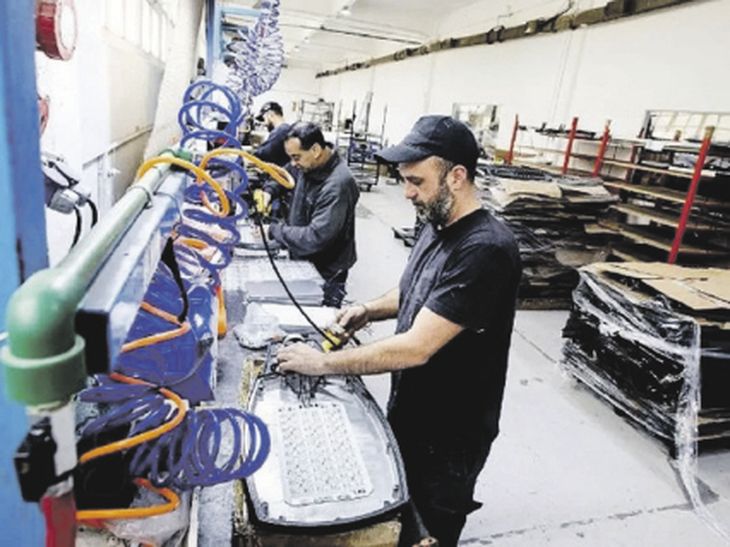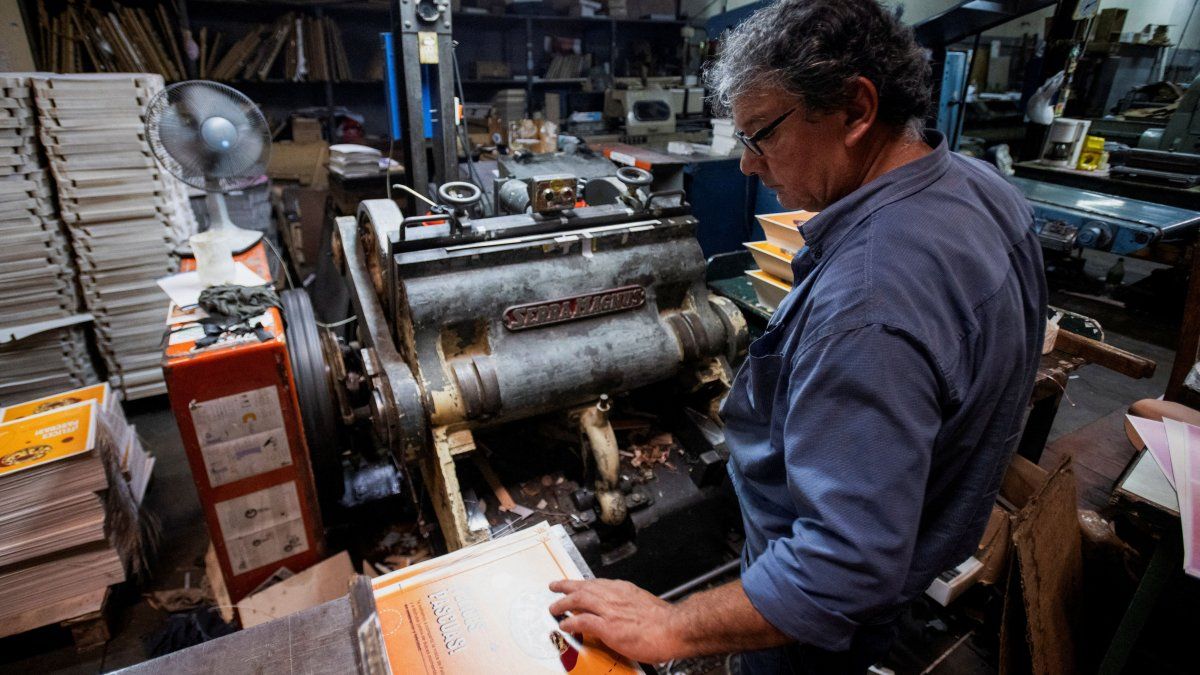The Economic Federation of the Province of Buenos Aires (FEBA) warns about the need to make some changes to the Large Investment Incentive Regime (RIGI), which is included in the Bases bill. Analysis by Camilo Alberto Kahale, president of FEBA.
The approval of Incentive Regime for Large Investments (RIGI) endangers the SMEs. We understand the need to seek and attract investments. But, without a doubt, this is not the way. If both the Bases Law and the RIGI are approved as was done in Deputies, small and medium-sized companies will be left unprotected and in a situation of unfair competition in the face of large investments.
The content you want to access is exclusive to subscribers.
In a meeting with president of the lower house, Martin Menemand with him head of the La Libertad Avanza bloc in Deputies, Gabriel Bornoroniwe have requested to take into consideration certain changes in the Base Law that will be discussed in the Senate.


What are the points to take into account?
- It is important to incorporate the small and medium businesses in said Law.
- It is key to promote inclusion of national content in investment projects.
- You need to find balance between development and local production and the investments from outside.
- It is convenient public-private articulation to avoid tax overlaps that create internal customs in the provinces and that harm SMEs.
- It is clear that a new SME Law that favors the sector and generates genuine employment.
The current situation of SMEs is critical. If indeed the Base Law and the RIGI are approved without considering certain key points, we will not be in a position to compete with large companies. This is because these points completely harm small and medium-sized merchants, businessmen and industrialists throughout the country.
Senate debate commissions.avif

The Base Law is being debated in plenary sessions of Senate committees.
From December 2023 to this point, the country context affected the SME sector: the inflation exponential growth; the loud decrease in consumption; he production brake; the skyrocketing prices and fixed costs; he rent increase, taxes and basic services; Among other factors, they fell squarely on merchants, producers, businessmen and entrepreneurs. If we add to this the total opening of imports, the current situation in the sector would become even more complicated.
The Base Law must be reviewed and take into account the needs of all sectors. Argentina will only move forward with everyone inside: businessmen, workers, students and retirees; with the industry and the countryside; protecting the national industry and giving guarantees to all those private capital that arrives from abroad; and guaranteeing the source of work both in the public sector as in private.
P8 – SMEs-empleo_opt.jpeg

Small and medium-sized companies represent 99.4% of all companies in the country and employ 64% of registered employees.
It is important to take care of SMEs, defend them in each of the points omitted or contemplated in the current Base Law. Because? The numbers are clear, in terms of development of the Argentine economythe small and medium-sized companies represent 99.4% of the total number of companies in the country and employ 64% of registered employees (according to records of the Ministry of Economy of the Nation as of September 2023). You have to sit at a work table and discuss the state of the situation, the needs and make proposals. This is what we have been doing since FEBA and CAME -representing hundreds of business chambers in the province of Buenos Aires and the rest of the country-.
Source: Ambito
David William is a talented author who has made a name for himself in the world of writing. He is a professional author who writes on a wide range of topics, from general interest to opinion news. David is currently working as a writer at 24 hours worlds where he brings his unique perspective and in-depth research to his articles, making them both informative and engaging.




